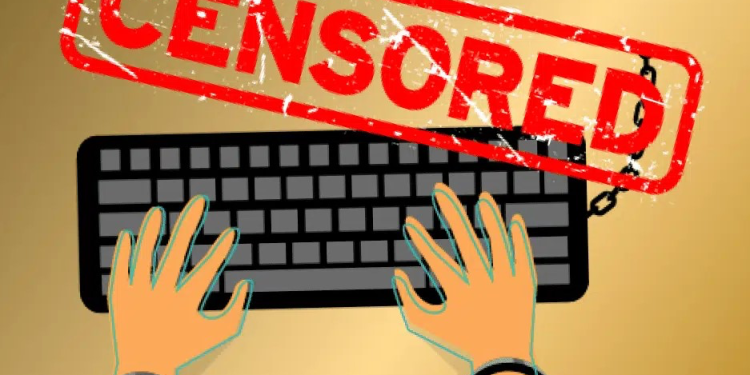On Wednesday, the South Sudan’s government ordered all Internet Service Providers (ISPs) in the country to block access to social media platforms like TikTok and Facebook for three months.
- The National Communication Authority (NCA) explained that the decision was made to prevent exposure to videos and posts exposing the scale of violence against refugees
- Last week, a viral video circulated in social media revealing alleged Sudanese soldiers attacking refugees in Wad Madani, Gezira state.
- South Sudan’s internet penetration stood at 12.1 percent in early 2024, with more than 700, 000 social media users, according to a report by DataReportal.
“We formally request the blockage of these media sites for a minimum of 30 days. This directive may be lifted as soon as the situation is contained,” said the statement from the NCA signed by the Director General, Napoleon Adok.
The regulator said that posting the gory video of women and children being murdered was contrary to the country’s local laws on public safety and mental health, prompting an immediate shutdown of certain social media channels.
The country’s telcos, MTN and Zain, confirmed that they complied with the directive. Both of them released statements informing the public that they had suspended the social media platforms.
The decision has spurred an uproar as the country’s citizens are surprised why their own government would want to conceal injustices against their own people. Internet and social media censorship is not a new phenomenon in the country but it is becoming a template for regimes elsewhere.
The Age of Censorship
In Kenya, The Principal Secretary in the Ministry of Interior met with representatives from Telcos and social media companies to deliberate on strategies to combat ‘digital abuse’. The meeting’s output included plans to order social media platforms to open physical offices locally.
Although governments mulling internet censorship often give ‘justifiable’ reasons for their actions, the wider strategy is intended to control information and muzzle criticism over its malevolent policies.
Even in countries like the US, the TikTok ban was made in the name of ‘protecting citizens’ data’ from being access by the Chinese government. However, a closer appraisal of the move could be linked to the desire by the US government to control facets of information in tandem with its interests – especially in regard to the Palestine-Israel conflict.
In Kenya, government says that tightening the leash on social media will curb harassment and clean up the cyberspace. However, anyone with a keen eye will see exactly what is happening. The government’s desperation to shape online narratives – a prized asset it has lost since the Finance Bill protests last year.
Over the last one year, X has been a thorn in the flesh for politicians worldwide, as it generally allows netizens to freely express their discontent with respective governments. Brazil lifted a ban on X in October last year after a tug-of-war between the country’s Judiciary and the platform’s owner, Elon Musk.
Several European countries have also contemplated banning X for ‘promoting extremist content’ in the name of free speech. Governments in these countries have remarked that X, with the blessing of Musk, has allowed misinformation and incendiary narratives to run amok.




